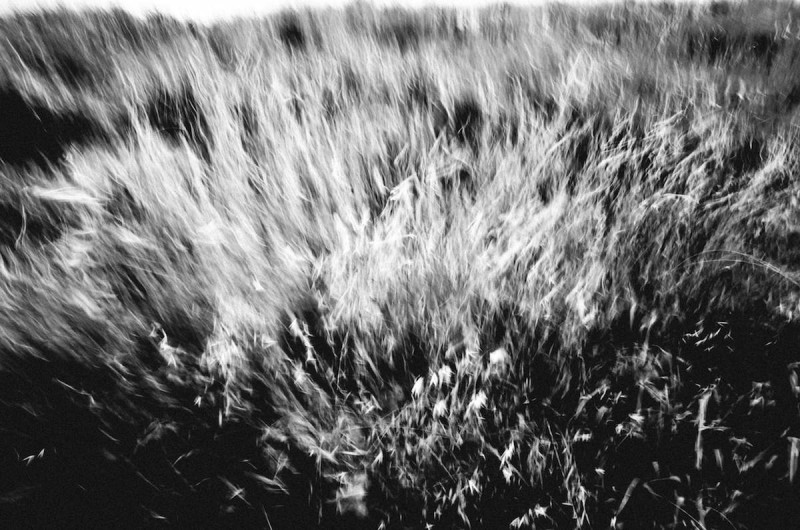
![]()
In Silicon Valley we have a saying: “Fail forward.” I think it is a beautiful saying—because it isn’t telling us that failure is okay for failure’s sake, but that we should learn from our failings, and learn how to move forward.
“Fixed” vs “Growth” mindset

A bunch of psychologists have done many studies on children, and what leads them to “succeed” in life.
They found out that when children were taught a “fixed” mindset (that your intelligence and abilities can’t be changed) they weren’t able to achieve their full-potential.
However when children were taught a “growth” mindset (that the harder they worked, the more they would improve), they were able to achieve their maximum.
Seek constructive feedback

One of my problems is that I often get too emotionally attached to my photographs. However the only way to improve your photography is to get constructive feedback—to have others tell the flaws you have in your photographs, in order to improve.
So nowadays when I talk to my photography friends, I will ask them to point out the flaws in my photographs. Why? I know all the aspects of my photographs I like, but I often don’t know the flaws in my photographs.
Learn from your mistakes

I also believe that I learn more from my mistakes and failures in photography.
For example, I learn more on how to build my confidence in street photography when I chicken out. For example, I might see a person or a scene I want to photograph, but I get too nervous or self-conscious. And then I go home and regret not having the courage or confidence to take the photograph.
Therefore I “fail forward” by telling myself: “I won’t chicken out next time.”
Furthermore, whenever I make a photograph which I think is great (but realize that it isn’t very good), I “fail forward” by telling myself that I will try harder next time.
Failure is not a dirty word

When we think of the word “failure”, we think of all the negative connotations. I notice this especially in the East—growing up as a Korean-American, “failure” was the worst thing that could happen to you. To get anything less than an “A” on a test meant that I would be a “failure.”
However what I am grateful about the American education system is that it taught me to take risks, and whenever I made a mistake or “failed”—I would learn from my mistakes, and “fail forward.”
This is why I think there are so many entrepreneurs in America; while we are afraid of failure, society embraces these mistakes, and helps drive innovation forward. Whereas in Korea, if you fail getting into a prestigious university or starting a business, you are never given a second chance.
Have self-compassion

Street photography is hard. I would argue that street photography is the most difficult genre of photography out there. You need confidence, courage, and quick reactions. Getting a good photograph is both preparation and luck, but a lot of it is luck.
So if you go out for an entire day and come home without any good photographs, have self-compassion. If you can make 1 good street photograph a month, you’re doing really well.
I would say the best analogy to street photography is fishing. If the world’s greatest fisherman went to a lake with very few fish—no matter how good he is, if lady luck isn’t on his side, he won’t catch any fish. The same goes for street photography—you can be the most skilled photographer, but if the light, people, or randomness isn’t on your side, you won’t make any good photos (no matter how hard you try).
Don’t be afraid to fail

Always keep this mantra in mind: “Fail forward.” Let your failures or shortcomings be the fire which continues to power your engine of passion. Always constantly reflect from your mistakes, and learn from them. Be appreciative of your mistakes, but try your best not to make the same mistake twice.
Progress and growth is the only goals we should have as photographers. We shouldn’t compare ourselves to other photographers; we should only compare ourselves with our past selves. If you are a better photographer today than the photographer you were yesterday, a week ago, or a year ago—be happy.
Everything in nature grows—trees, grass, and animals. However this growth is slow, progressive, and doesn’t happen overnight.
Give that redwood tree a thousand years, and see what great heights it can reach.
As for yourself—be appreciative of your past work, but don’t be satisfied. Everyday you are a new photographer—drive your work forward, and constantly re-invent yourself.
About the author: Eric Kim is an international street photographer who’s currently based out of Berkeley, California. You can find more of his photography and writing on his website and blog. This article was also published here.

